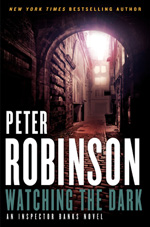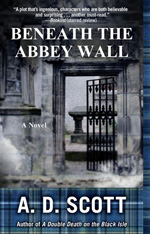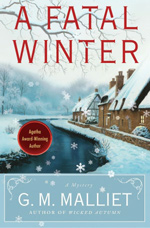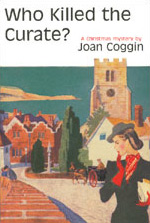Erin Hart: The Book of Killowen
This lovely book is a kind of spiritual meshing of Agatha Christie – for plot –and P.D. James, in that the setting and characters are as richly captured as any in a James novel. The fourth in Hart’s fine Nora Gavin series, The Book of Killowen finds Nora and Cormac back in Ireland and back in another bog, this time on the trail of an ancient bog man as well as a much more recent one.
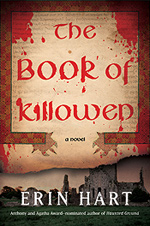 Like the bogs of Ireland that Hart chooses to write about, her stories are richly layered creations, right down to two, not one, bodies found on top of one another in the trunk of a car dug up by a peat scavenger at the beginning of the book. As the threads of Hart’s story begin to coalesce, we meet the victim, Benedict Kavanaugh, a TV host who delighted in humiliating his guests, and his wife, one Mairead Broome, who connects the story back to an Artist’s colony in Killowen.
Like the bogs of Ireland that Hart chooses to write about, her stories are richly layered creations, right down to two, not one, bodies found on top of one another in the trunk of a car dug up by a peat scavenger at the beginning of the book. As the threads of Hart’s story begin to coalesce, we meet the victim, Benedict Kavanaugh, a TV host who delighted in humiliating his guests, and his wife, one Mairead Broome, who connects the story back to an Artist’s colony in Killowen.
